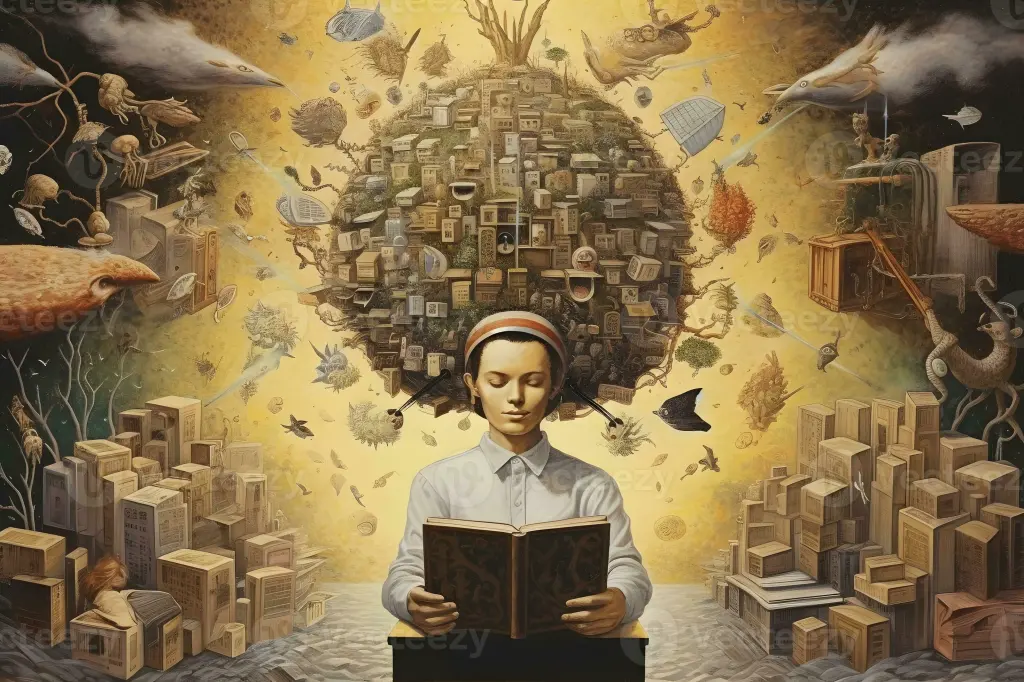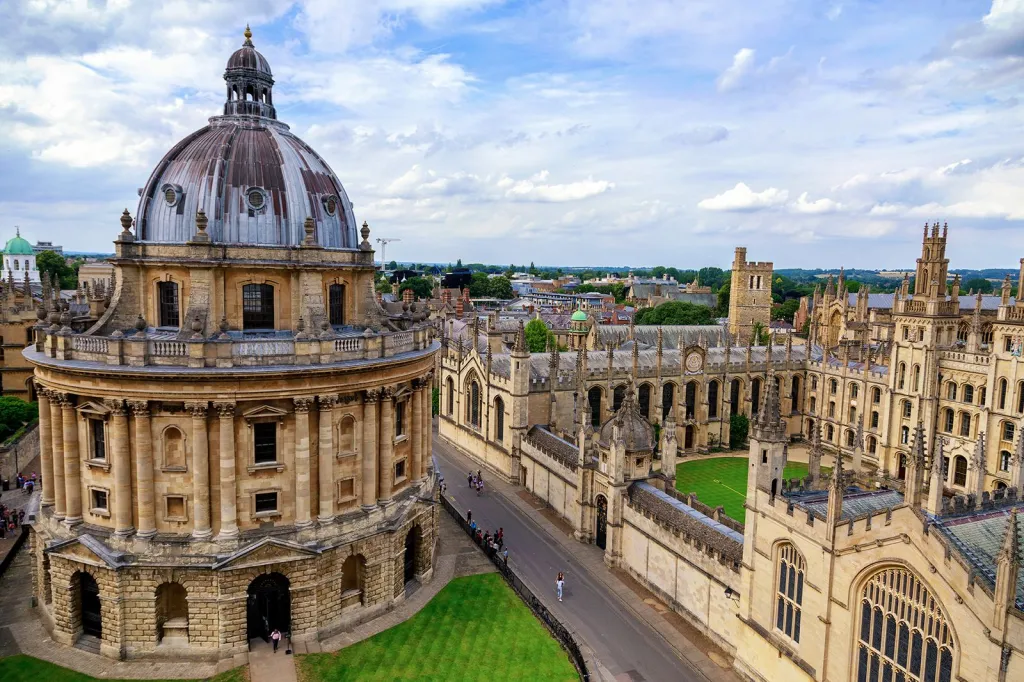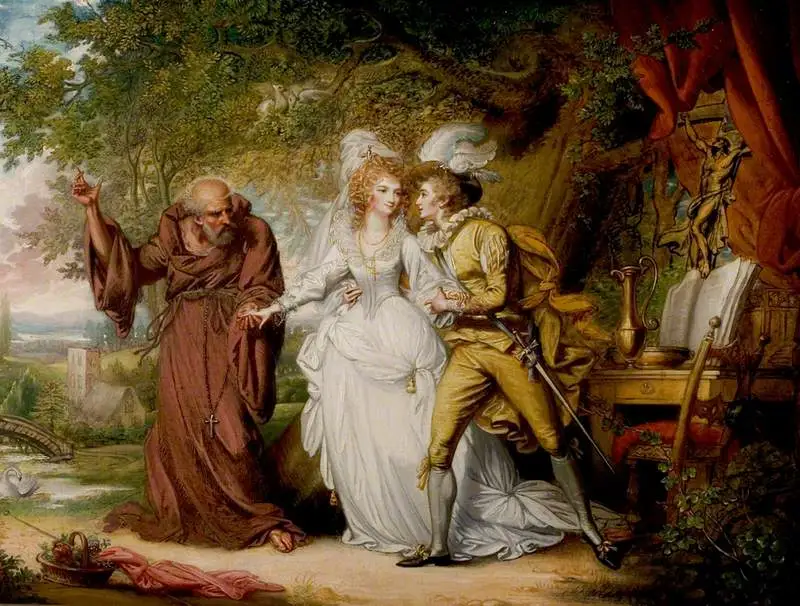Embarking on a literary odyssey is akin to setting sail on uncharted waters, each book a unique island waiting to be explored. As the pages of 2023 turned, my reading list unfolded, revealing a rich tapestry of captivating stories and profound philosophical explorations. Join me on this literary journey as we delve into the top 5 books that not only entertained but profoundly impacted my understanding of epic fantasy, moral philosophy, and the intricate facets of the human condition.
1. “A Song of Ice and Fire” by George R.R. Martin: A World of Intrigue
The adventure begins in the mythical land of Westeros, where George R.R. Martin’s magnum opus, “A Song of Ice and Fire,” unfurls across five volumes (hopefully more to come). This epic fantasy series isn’t just a collection of books; it’s a grand tapestry of political intrigue, complex characters, and unforeseen twists. Martin’s storytelling mastery is evident as he creates a world so vivid and expansive that it transcends the boundaries of the page. The richness of the narrative is a testament to his ability to reward attentive readers with a deeper understanding of the intricacies of Westeros. The writing style, both complex and engaging, immerses readers in a fantastical realm where every detail matters. Beyond mere escapism, this series becomes an immersive experience that lingers in the mind long after the last page is turned.
For those who watched the show and are hesitant to read the books because of the ending: just read it. The books are far superior in many ways. Even though the show dumbs down after season 4, this is not the case in the books. Quite the opposite happens. The storylines are more interwoven than ever, and you are always excited to read the next phase in a character’s story arc. Not only do many show characters have an actual fully fleshed-out persona, but they also make decisions in line with their characters. You almost don’t want the conflicting characters to meet because of the tension at place.
2. “Beyond Good and Evil” by Friedrich Nietzsche: Philosophical Provocations
Venturing into the realm of philosophy, Friedrich Nietzsche’s “Beyond Good and Evil” emerges as a beacon of intellectual provocation. Having delved into much of Nietzsche’s oeuvre throughout the year, this particular work stands out as an excellent starting point for understanding his profound ideas on morality. It’s more than a philosophical treatise; it’s a profound exploration that challenges conventional wisdom and invites readers to question the very foundations of good and evil. With his eloquence and depth, Nietzsche sparks introspection and prompts a reevaluation of fundamental moral concepts. It’s a philosophical journey that reshapes perspectives and lays the groundwork for a more nuanced understanding of ethics and human nature.
3. “Philosophy as a Way of Life” by Pierre Hadot: A Timeless Guide to Wisdom
Pierre Hadot serves as our philosophical guide in “Philosophy as a Way of Life,” leading us through the corridors of ancient wisdom. This transformative book provides a historical overview of ancient philosophy and revitalizes the notion that philosophy is a way of life. Hadot’s exploration, starting with Socrates and navigating through the main schools of antiquity, connects the dots to modern philosophers who share a similar conceptualization. The book transcends time, offering a profound understanding of how philosophy can shape and enrich our lives in contemporary times. Hadot’s insights remind us that philosophy is not just an intellectual pursuit but a transformative force that influences our daily existence.
Forget the self-help books. Read ancient philosophy and start with Pierre Hadot. Many self-help authors return to Stoicism or Epicureanism for ancient wisdom for contemporary times but there is only one way of really understanding the texts, which is going back to them. Pierre Hadot writes eloquently and understandably. He will not drown you in endless academic debates or nitpick into many different conceptions. With a clear pen, he writes about the most important characteristic of philosophy: that it is a way of life.
4. “Alcoholism” by Stan Ansoms: Personal Struggles, Shared Stories (Note: Dutch book, not available in English)
In a departure from the philosophical, “Alcoholism” by Stan Ansoms delves into the raw, personal struggles of individuals grappling with alcohol addiction. Although the book is in Dutch, its inclusion on this list is a testament to its powerful impact. Through a collection of testimonies, Ansoms sheds light on the torment experienced by those entangled in the clutches of alcoholism. The personal stories and accounts from family members underscore the profound difficulty of breaking free from the chains of addiction. It serves as a stark reminder that true change requires a fundamental reason and an unwavering commitment to a life without alcohol. Ansoms’ work is not just a collection of stories but a mirror reflecting the raw, unfiltered realities of the human experience.
5. “The Monk” by Matthew Lewis: Confronting Shadows Within
The literary journey takes a dark turn with “The Monk” by Matthew Lewis, a novel that challenges conventional notions of virtue and sin. Set against the backdrop of a seemingly devout monk named Ambrosio, the narrative unfolds as he succumbs to temptation, descending into a world of sin. Lewis intricately weaves a narrative with layers of subtext, revealing that true virtue arises not from avoiding temptation but from confronting and resisting it. The novel explores the idea that only by acknowledging and battling the darkness within can one be truly virtuous. Banned for its perceived anti-religious nature, “The Monk” encourages readers to grapple with the internal struggle required to be genuinely virtuous. It’s a profound exploration of morality, temptation, and the complexity of human nature.
As the final chapter of 2023 closes, these five books stand as pillars of my literary journey, each leaving an indelible mark on my understanding of the world. From the sprawling landscapes of Westeros to the philosophical depths of Nietzsche and Hadot, and the raw human experiences captured in Ansoms’ “Alcoholism” and Lewis’ “The Monk,” each work has contributed to a tapestry of understanding the complexities of the human experience. These stories and philosophies linger in my mind, inviting ongoing reflection and shaping my perspective as I continue to navigate the vast seas of literature. The year may end, but the echoes of these books will resonate, guiding me into new literary horizons in the year to come. As I reflect on the literary odyssey that was 2023, I’m grateful for the stories that have enriched my understanding of the world and the diverse ways in which literature can illuminate the human experience.



Leave a comment